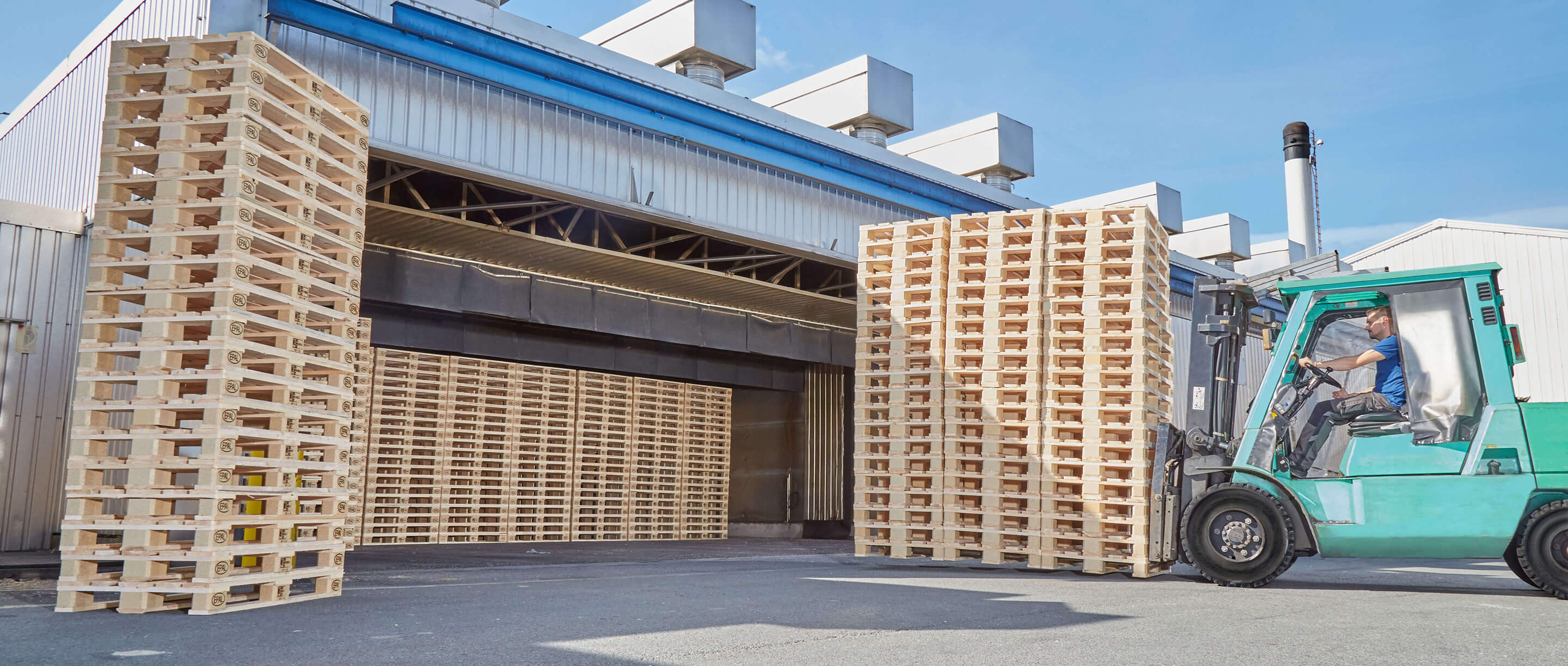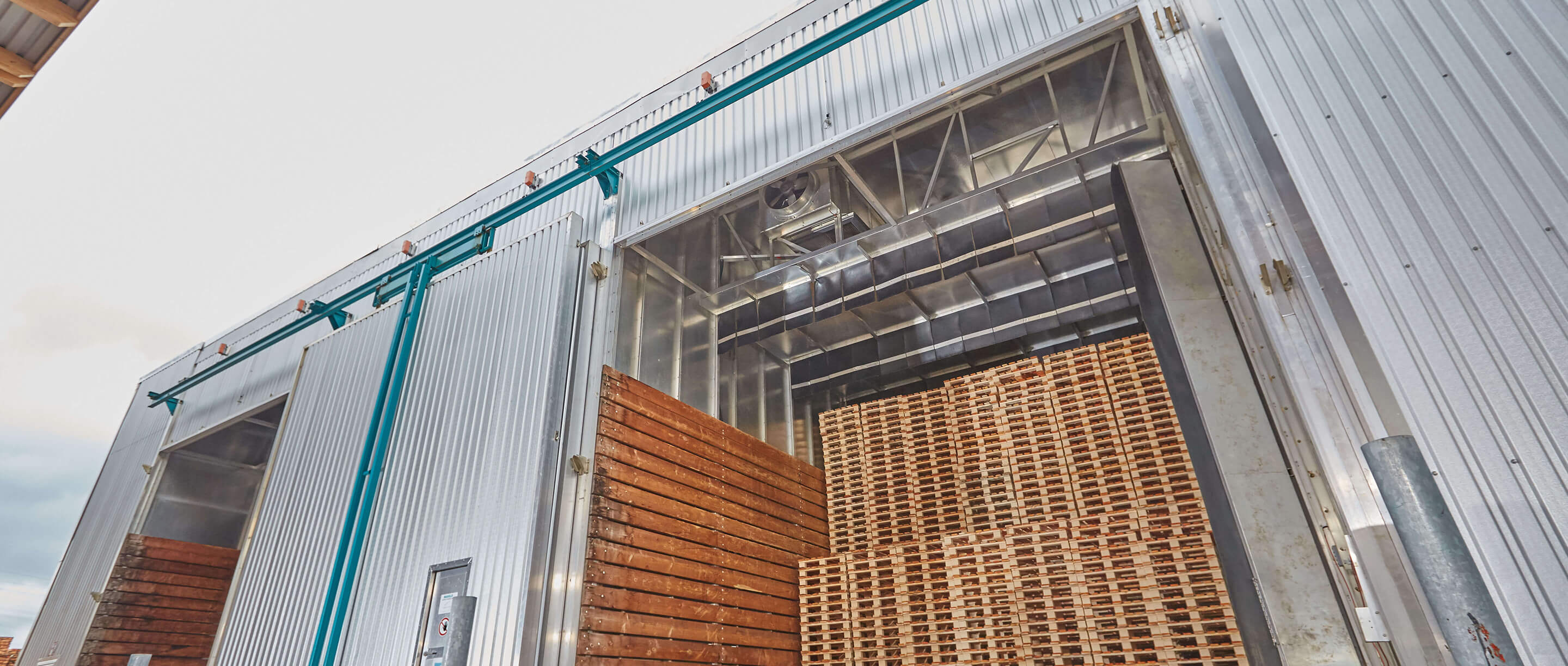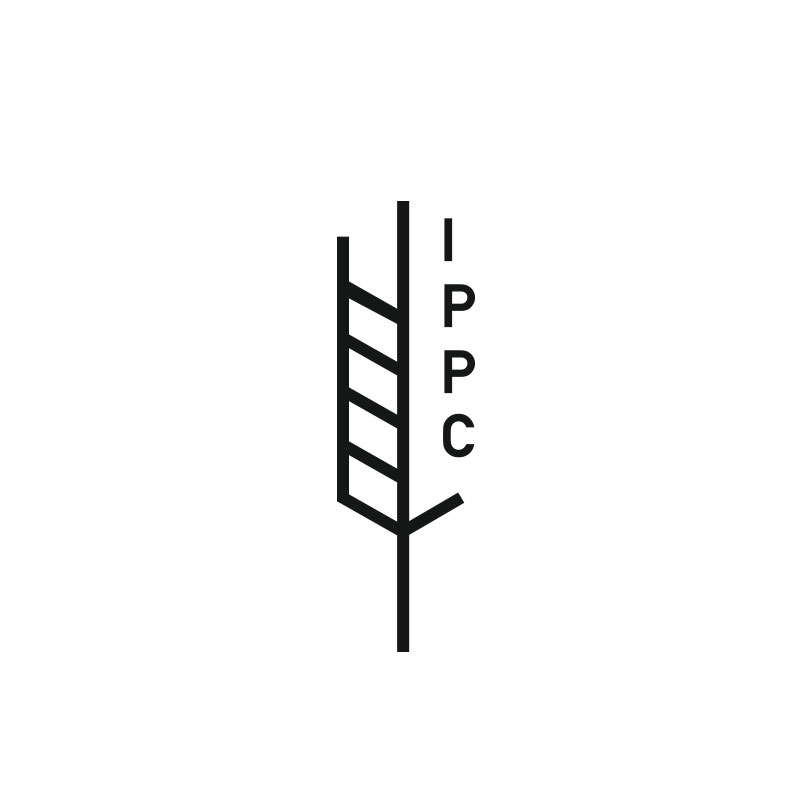ISPM15 – PROTECTION OF INTERNATIONAL ECOSYSTEMS
Due to global transport, one single untreated pallet could cause extensive damage: pests found in imported wood can endanger the tree population of a country and threaten a whole ecosystem.For this reason, the International Plant Protection Convention (IPPC), initiated by the Food and Agriculture Organization (FAO) of the United Nations, adopted the International Standard for Phytosanitary Measures No 15 (ISPM 15). This standard lays the foundations for harmonising international phytosanitary measures by specifying treatments permitted for exterminating organisms that are harmful to forests.According to the Technical Regulations, since 2010, all EPAL licensed production and repair operations are obliged to comply with the ISPM15 Standard for EPAL pallets.ISPM 15 treatment applied to EPAL pallets is natural and environmentally friendly; it doesn’t use any chemicals. This heat treatment (HT) involves placing EPAL pallets in a treatment enclosure (kiln) in which the wood is heated. The core temperature of the wood must reach a minimum of 56°C for at least 30 minutes. This eliminates all harmful organisms likely to attack standing plants.Compliance with the ISPM15 standard is demonstrated with the branded marking on the central blocks of all EPAL pallets, as shown.
ISPM 15 – Key facts
- ISPM 15 stands for International Standards for Phytosanitary Measures for wood packaging in the international movement of goods
- 182 countries have committed to comply with ISPM 15
- It prevents the introduction of wood pests into foreign ecosystems
- Since 2010, all EPAL pallets are treated according to ISPM 15





